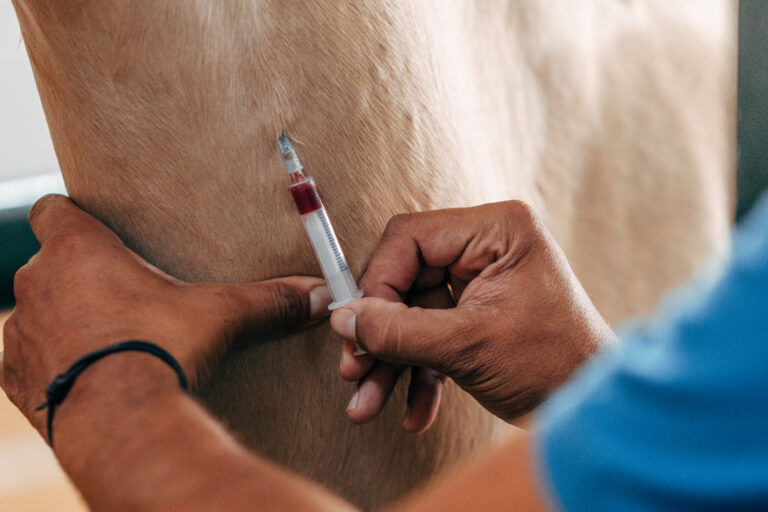The Equine Disease Communication Center (EDCC) offers alerts about equine diseases that have been confirmed by reliable sources. The following information is from the EDCC. The following reports are in chronological order from most recent to oldest from previous reports.
California Quarantined Horse Tests Positive for EHV-1
On November 14, 2016, one horse at the Los Angeles Equestrian Center (LAEC), displaying a fever yesterday and placed in quarantined isolation, has been confirmed positive for non-neuropathogenic EHV-1 today. Additionally, the two febrile horses which tested negative on November 10, 2016, were re-sampled yesterday and testing confirmed negative status.
Currently, quarantined isolation is home to 12 horses. To date, there have been seven confirmed cases of equine herpesvirus type 1 (EHV-1) myeloencephalopthy (EHM), one of which was euthanized due to the severity of the disease. The remaining six neurologic cases are showing improvement and remain in isolation.
Enhanced biosecurity measures are in place in all barns under quarantine and all horses’ temperatures are monitored twice daily. CDFA veterinarians, livestock inspectors and USDA animal health technicians continue to monitor the quarantine and incident situation on-site and will provide additional updates as they become available.
About EDCC
The Equine Disease Communication Center works to protect horses and the horse industry from the threat of infectious diseases in North America. The communication system is designed to seek and report real time information about disease outbreaks similar to how the Centers for Disease Control and Prevention (CDC) alerts the human population about diseases in people.
The goal of the EDCC is to alert the horse industry about disease outbreak information to help mitigate and prevent the spread of disease. Ultimately frequent and accurate information about diseases outbreaks improves horse welfare and helps to prevent negative economic impact that can result from decreased horse use due to a fear of spreading infection. As part of the National Equine Health Plan the EDCC will serve as part of the communication to help educate and promote research about endemic and foreign disease.
Working in cooperation with state animal health officials and the United State Department of Agriculture, the EDCC seeks information about current disease outbreaks from news media, social media, official state reports and veterinary practitioners. Once information is confirmed, it is immediately posted on this website and messages sent to all states and horse organizations by email. Daily updates are posted until each outbreak is contained or deemed no longer a threat.
The EDCC is made possible by generous donations from organizations and horse owners. Please visit our sponsors that have generously supported this program for the benefit of the health and welfare of horses. To learn how you can help go to SUPPORT.








